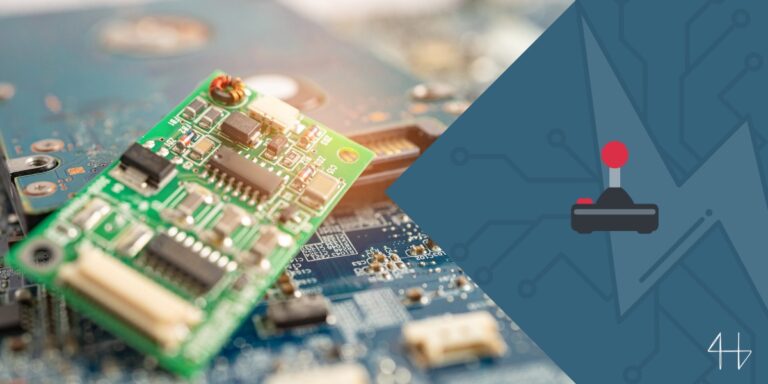It seems like life was completely turned around in 2022 when OpenAI released ChatGPT. Since then, AI has been a talking point in just about every industry. And here I am to talk about the possible engineering applications of artificial intelligence.
I have found 5 innovative engineering applications of artificial intelligence that have interested me greatly.
These engineering applications and distributed AI systems, powered by machine learning methodologies and intelligent programming environments, are bringing us further into the fourth industrial revolution!
With that said, let’s get to it!
What does AI in a real-world engineering application look like?
A real-world engineering application uses AI’s data processing power to ensure reliability through intelligent fault detection.
By integrating industrial informatics knowledge processing with machine learning models, engineers can preemptively identify and address potential faults in complex systems.
This proactive approach not only minimizes downtime but also optimizes performance, leading to enhanced productivity and cost savings.
Simply put, AI makes it a lot easier to predict problems and fix them before they become dangerous.
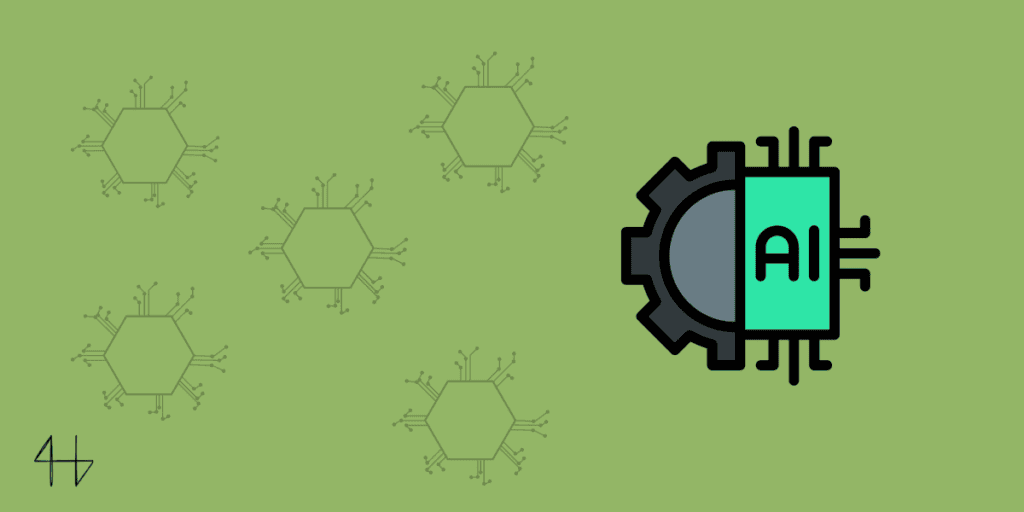
Here are the top 5 Engineering Applications of Artificial Intelligence
The engineering field is filled with a whole range of domains that AI can be used for. I am not even scratching the surface of the possibilities on this topic. When AI and human creativity mix, there will always be great results.
Now, here are the 5 engineering applications of artificial intelligence that I found the most promising and believe will come into existence within the near future.
Intelligent transportation systems and smart vehicles
Have you ever seen iRobot with Will Smith? This movie is pretty much how I see a lot of AI going. I just hope that we don’t start creating Androids anytime soon.
In iRobot, the cars traveling at super high speeds are all autonomous. This is how I see AI software systems controlling transportation and smart vehicles in the future—faster delivery with lower risk.
But it seems like we are still a while away from the highway systems of iRobot. There still needs to be a lot of safety, security, and risk testing before we can start thinking about this solution.
Additionally, incorporating principles from control theory allows for dynamic adjustments in real-time, ensuring efficient and responsive transportation networks (Control theory is a super interesting topic btw. I Highly recommend taking a look into it if you haven’t yet). From autonomous vehicles to traffic management systems, AI is driving innovation in transportation like never before.
I still believe that intelligent transportation systems and smart vehicles will change the world of transportation shortly, especially with the help of AI techniques and various machine learning methodologies.
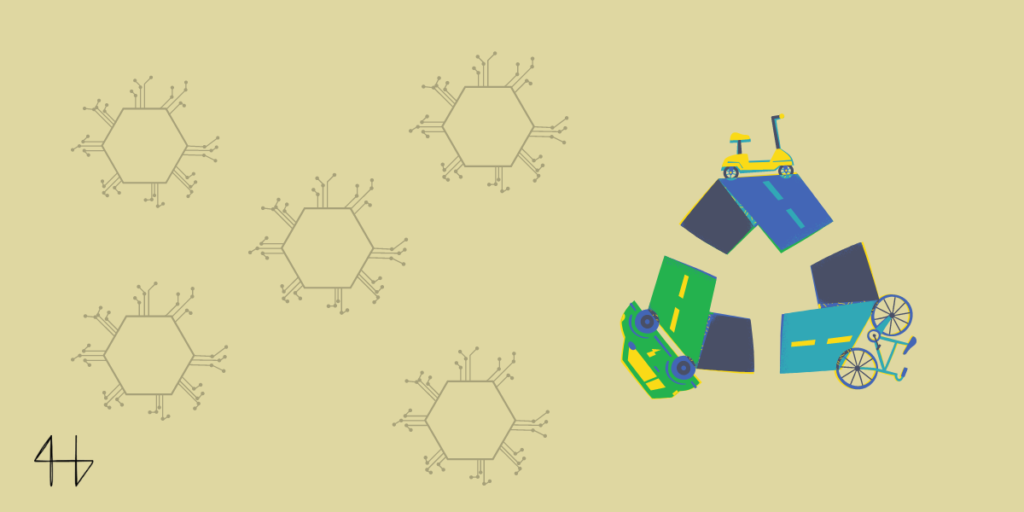
Big Data Analytics
One thing that AI is good at is concluding a lot of data, or Big Data. We can get this data by taking regular readings from sensors. In the systems (smart hinges) that I work with, data is logged every 10 ms. That’s 100 data points per second!
When these systems run for extended periods, like an endurance test that lasts a whole month, we end up with around 260 million data points!
And this is still low in comparison to other more complex systems such as medical systems.
By using AI methods to process all data from the data mining process, we can come to conclusions a lot faster than we normally would.
Leveraging reusable scientific software, engineers can efficiently process vast amounts of data, uncovering patterns and correlations that were previously hidden.
One of the novel aspects of big data analytics in engineering lies in its ability to predict future trends, optimize processes, and make data-driven decisions, ultimately enhancing productivity and innovation.

Internet of Things and cyber physical systems
Cyber-physical systems (CPS) integrate physical processes with computing and communication capabilities. Picture what Internet of Things (IoT) devices do.
Your vacuuming robot will bump into your couch and move around it while sending the information “there is a couch here” to its saved data in the cloud.
In artificial intelligence engineering applications, CPS implements AI for useful and novel concepts, such as image processing algorithms for real-time analysis and decision-making in interconnected systems.
All of the images that your Roomba takes to understand what objects look like are processed by AI so that it can recognize the couch next time.
These advancements optimize efficiency and reliability across various domains, from manufacturing to transportation.
However, the main use of AI in CPS that I read about was in the Industrial Internet of Things (IIoT). This would mean an improvement in manufacturing and industrial processes through data collection, exchange, and analysis.
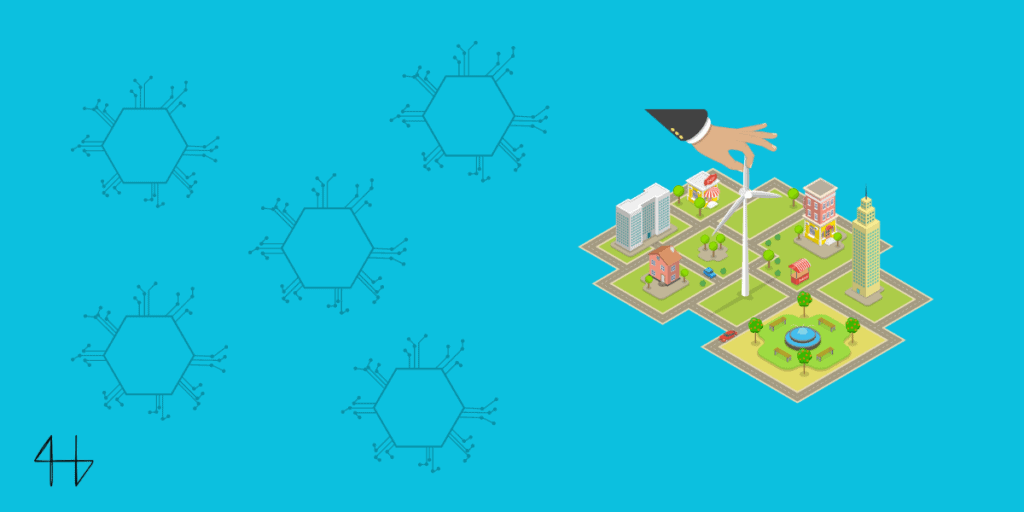
Predictive Maintenance
Engineering applications of artificial intelligence, like engineers, will likely focus on either manufacturing, design, or maintenance of systems. In predictive maintenance, AI will help the maintenance engineers out in a major way. By telling them when something is about to break.
Predictive maintenance relies on AI methods for reliability and intelligent fault detection.
By leveraging reusable scientific software and expert systems perception, engineers can anticipate equipment failures before they occur.
This proactive approach not only minimizes downtime but also extends the lifespan of critical assets, leading to significant cost savings and improved operational efficiency.
Let’s delve into how predictive maintenance is revolutionizing the way industries manage their assets.
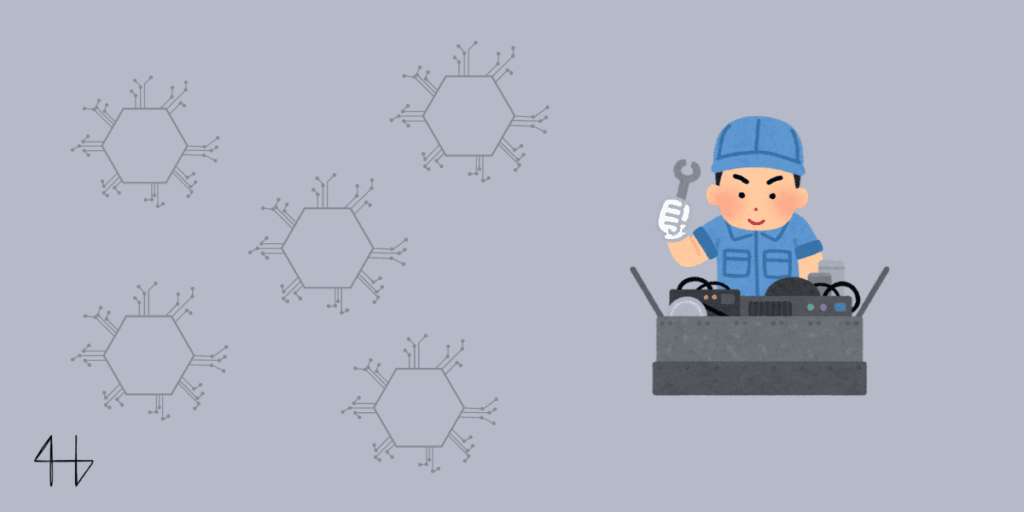
Marine Wildlife Preservation
Marine Wildlife Preservation employs AI methodologies like multi-agent-based control and real-time intelligent automation to safeguard vulnerable ecosystems.
By integrating vision systems, these applications can monitor marine environments with unprecedented accuracy and responsiveness.
From detecting illegal fishing activities to tracking endangered species, AI plays a pivotal role in conservation efforts, ensuring the sustainable coexistence of marine life and human activities.

Final Thoughts
am very excited about what I want to call the fourth industrial revolution!
As someone who has always been interested in robots and the artificial intelligence they would have, I naturally went to study mechatronics engineering and have dabbled in computer science & developing AI systems (like a BCI that moves a 3D-printed hand). Now that artificial intelligence has become more mainstream, artificial intelligence can be found everywhere!
It was just a matter of time until the AI software systems would work their way into my field (mechatronic systems). Now that they are on my doorstep, I welcome them with open arms.
However, I do realize that they can turn nasty (if they don’t kill me, they will likely steal my job). I will tread lightly while tinkering with ways to implement them into regular life.
Short disclaimer:
I am a practicing engineer but have no qualifications in the field of artificial intelligence. I have, however, dabbled with machine learning methodologies and I have built a project using machine learning to process brain signals to make a 3D-printed prosthetic open and close.
Plus, being the curious guy that I am, I have read a lot of articles published in a journal that provides an international forum for rapid publication on the topic of AI.
If you notice that I have made a mistake, please let me know, and I will correct myself.
FAQs

How is artificial intelligence used in mechanical engineering applications?
Artificial intelligence is integral to mechanical engineering applications, utilizing standard optimization terminology and pattern recognition to streamline processes and enhance efficiency.
Through AI-driven algorithms, engineers can analyze vast datasets to identify patterns, optimize designs, and improve performance, leading to more innovative and sustainable solutions in the field of mechanical engineering.
How do engineers use artificial intelligence?
Engineers leverage artificial intelligence (AI) technology primarily through its advanced capabilities in pattern recognition.
By training AI models on large datasets, engineers can develop systems that autonomously recognize and interpret complex patterns in various domains, from image and speech recognition to predictive analytics, driving innovation and efficiency in engineering processes.
How can artificial intelligence change engineering?
Artificial intelligence revolutionizes engineering by optimizing hardware architectures and enhancing pattern recognition capabilities.
Through AI-driven algorithms, engineers can design more efficient systems and identify intricate patterns in data, leading to breakthroughs in various fields, from robotics to renewable energy.
This transformative technology not only streamlines processes but also fosters innovation and drives progress in engineering.
How is artificial intelligence helping engineers?
Artificial intelligence is revolutionizing engineering by offering innovative AI solutions that enhance efficiency and productivity.
From optimizing manufacturing processes to enabling predictive maintenance through tactile systems, AI empowers engineers to tackle complex challenges with precision and foresight, ultimately driving progress and innovation in the field.
Will artificial intelligence overtake engineers?
While artificial intelligence excels in fault analysis and automatic control, it’s unlikely to completely overtake engineers.
Instead, AI serves as a powerful tool, augmenting human capabilities and streamlining processes. Engineers remain essential for interpreting AI insights, implementing solutions, and ensuring ethical considerations are upheld in engineering practices.




